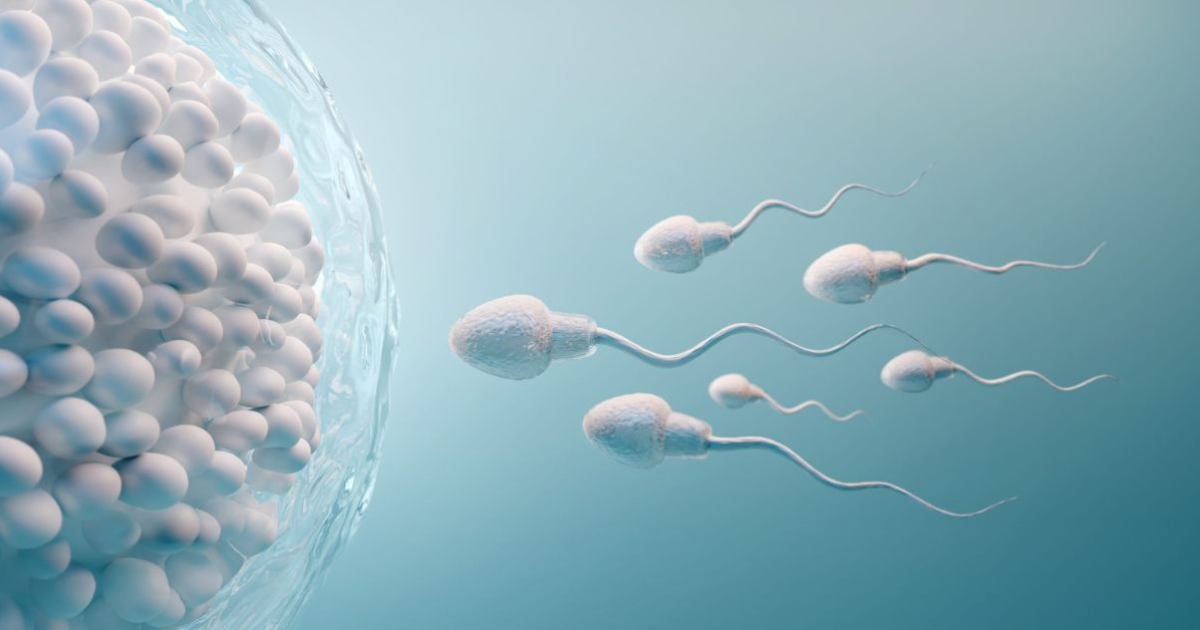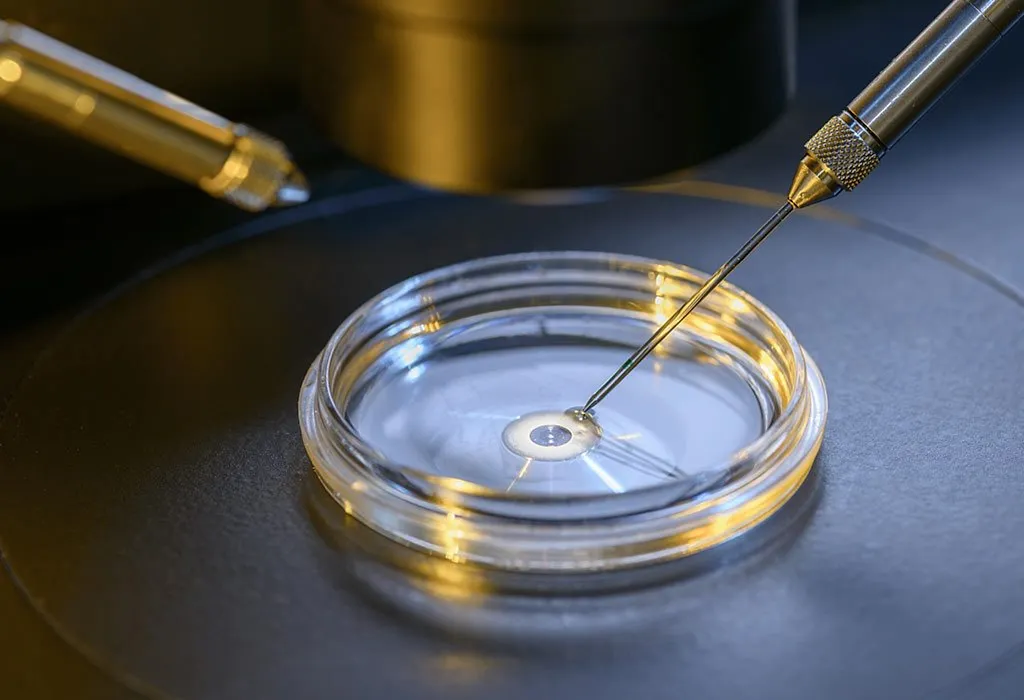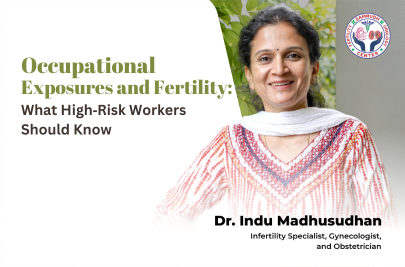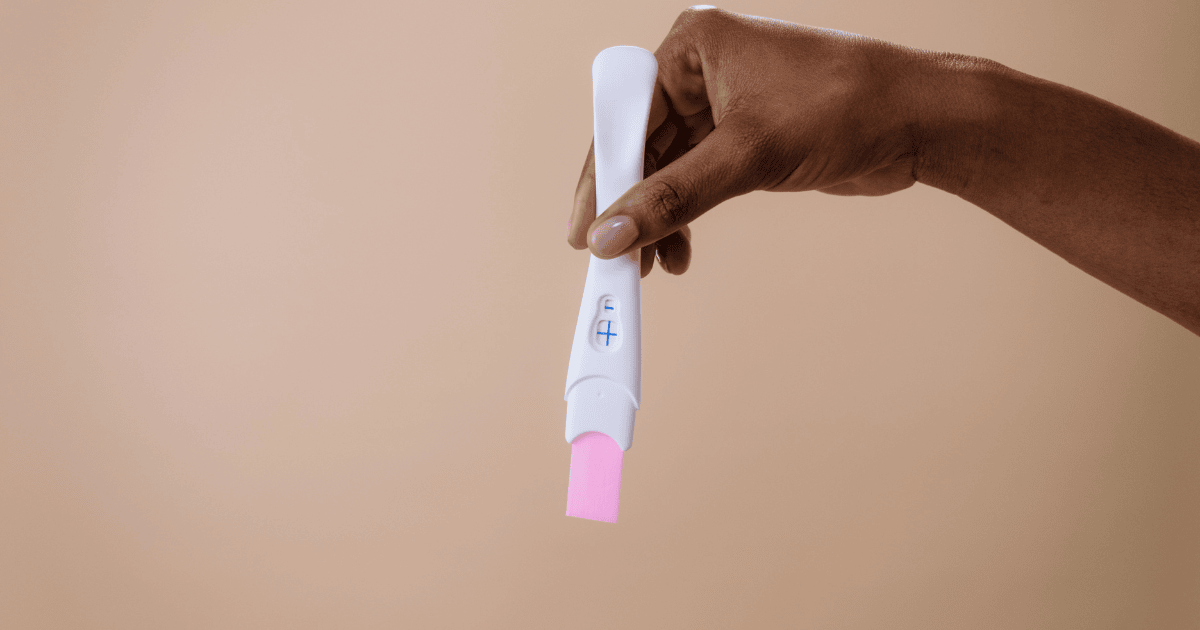Vitamin D is widely known for its role in bone health, but its influence on fertility is equally significant. Over the past decade, fertility specialists across India have observed a strong link between Vitamin D levels and reproductive outcomes. Because Vitamin D functions like a hormone in the body, it affects the menstrual cycle, ovulation, egg quality, sperm production, and even the success rate of fertility treatments. With Vitamin D deficiency increasingly common among Indian men and women due to limited sunlight exposure, indoor lifestyles, and dietary gaps, understanding its role in fertility has become essential for couples trying to conceive.
Understanding the Importance of Vitamin D in Reproductive Health
In reproductive biology, Vitamin D helps regulate several hormonal pathways. It interacts with receptors in the ovaries, uterus, placenta, and testes, influencing processes such as follicular development, menstrual regularity, embryo implantation, and sperm maturation. This makes Vitamin D crucial for both male and female fertility. Studies conducted in Indian fertility centres indicate that around 70 percent of couples undergoing fertility treatments have insufficient Vitamin D levels, highlighting how common this deficiency is.
How Vitamin D Influences Ovulation
Ovulation depends on the coordinated release of hormones like FSH, LH, and estrogen. Vitamin D helps maintain this hormonal balance. When Vitamin D levels are adequate, the ovaries respond better to natural hormonal signals, allowing the egg to mature and be released on time. In women with irregular periods or conditions like PCOS, Vitamin D helps regulate menstrual cycles by improving insulin sensitivity and reducing inflammation. Several studies show that women with optimal Vitamin D levels are more likely to have predictable ovulation cycles, which increases the chances of natural conception.
Impact of Vitamin D on Egg Quality
Egg quality plays a key role in healthy embryo formation, especially for women above 30. Vitamin D supports the growth of healthy follicles and improves mitochondrial function within the egg. This improves the egg’s ability to develop into a strong embryo after fertilization. Women undergoing IVF often show better ovarian response and improved embryo quality when Vitamin D is in the sufficient range. This connection is especially important for women with low ovarian reserve or borderline AMH levels.
The Role of Vitamin D in Sperm Health
Vitamin D is equally important for male fertility. Sperm cells have Vitamin D receptors that influence their development and movement. When Vitamin D levels are adequate, sperm counts, motility, and morphology tend to be better. Men with sufficient Vitamin D also show improved testosterone levels, which supports healthy sperm production. Research from Indian and international fertility clinics shows that Vitamin D deficiency is associated with low motility, reduced sperm concentration, and higher DNA fragmentation, all of which reduce the chances of natural conception.
Data Insights and Research on Vitamin D and Fertility
Several studies highlight the strong relationship between Vitamin D and fertility outcomes. For example, research from European fertility clinics found that women with Vitamin D levels above 30 ng/mL had significantly higher pregnancy rates in IVF cycles than women who were deficient. Indian clinical observations show that women with PCOS and sufficient Vitamin D experience better ovulation regulation. In men, low Vitamin D levels are linked with poorer semen parameters. These findings show that maintaining optimal Vitamin D levels supports reproductive health in multiple ways.
| Fertility Factor | Effect of Adequate Vitamin D |
|---|---|
| Ovulation | More predictable cycles and improved follicle maturation |
| Egg Quality | Better embryo formation and improved IVF outcomes |
| Sperm Motility | Improved movement and reduced DNA damage |
| Hormonal Balance | Better regulation of FSH, LH, estrogen, and testosterone |
| Implantation | Higher chances of successful early pregnancy |
Recommended Vitamin D Levels for Fertility
Most fertility specialists recommend maintaining Vitamin D levels between 30 and 50 ng/mL for optimal reproductive function. Levels below 20 ng/mL indicate deficiency, while levels above 60 ng/mL should be approached cautiously to avoid toxicity. Regular monitoring helps ensure that levels remain in a healthy range during the conception journey.
Deficiency Causes and Risk Factors
Vitamin D deficiency is widespread in India due to several factors, including limited sun exposure, darker skin pigmentation, indoor work culture, pollution, and dietary patterns low in Vitamin D-rich foods. Individuals living in cities with high pollution levels, such as Bengaluru, Chennai, Mumbai, and Delhi, are particularly prone to deficiency. Women with PCOS, thyroid disorders, and obesity are at higher risk because these conditions interfere with Vitamin D metabolism. Men with sedentary lifestyles or poor dietary intake also tend to have lower Vitamin D levels.
Clinical Symptoms of Low Vitamin D in Women and Men
While some individuals may not show obvious symptoms, many experience fatigue, muscle pain, bone weakness, mood fluctuations, or difficulty concentrating. In women, low Vitamin D may contribute to irregular cycles and difficulty ovulating. In men, it may present as reduced stamina, low testosterone, or decline in sperm health. These symptoms often overlap with fertility disorders, making diagnostic testing important for accurate evaluation.
Diagnosing Vitamin D Deficiency
Diagnosis involves a simple blood test measuring 25-hydroxyvitamin D levels. Fertility clinics usually recommend this test during initial evaluations for both partners. Results help determine whether supplementation is necessary and whether any changes in lifestyle or diet should be implemented. Testing is especially important before starting fertility treatments because Vitamin D levels can influence treatment success.
Treatment Options and Supplementation
Treatment depends on the severity of deficiency. Doctors may prescribe weekly or monthly Vitamin D sachets, capsules, or injections. Mild deficiencies may be managed with daily supplements, while severe deficiencies require medical supervision. Complementary treatments such as calcium and magnesium may also be recommended to support hormonal balance and improve absorption. It is important not to self-medicate because excessive Vitamin D can cause complications.
Dietary and Lifestyle Sources of Vitamin D
Although dietary sources alone may not be sufficient to correct deficiency, they support overall reproductive health. Foods such as fortified milk, fortified cereals, eggs, salmon, tuna, sardines, mushrooms, and ghee contain varying levels of Vitamin D. Sunlight exposure remains one of the most effective natural sources, ideally for 20 to 30 minutes during early morning hours. Lifestyle improvements such as outdoor physical activity, balanced diets, and reduced stress levels contribute to better Vitamin D utilization in the body.
| Source Type | Examples |
|---|---|
| Sunlight | Early morning sun exposure for 20–30 minutes |
| Foods | Eggs, salmon, fortified milk, mushrooms |
| Supplements | Vitamin D3 tablets, sachets, or injections |
Vitamin D in Fertility Treatments like IVF and IUI
Vitamin D plays an important role in enhancing outcomes of assisted reproductive treatments. During IVF, adequate Vitamin D levels help regulate ovarian response to stimulation medications, support endometrial receptivity, and increase implantation success. In IUI cycles, Vitamin D contributes to better egg development and improved sperm function. Fertility specialists often address Vitamin D deficiency early to ensure that both partners are prepared for treatment.
Data from Indian IVF centres indicates that women with adequate Vitamin D levels have higher clinical pregnancy rates and better embryo quality compared to women with deficiency. This highlights the importance of optimizing Vitamin D levels before starting any fertility treatment.
When to Consult a Fertility Specialist
Couples struggling to conceive for more than six months should seek medical evaluation, especially if there are symptoms related to Vitamin D deficiency or hormonal imbalance. Women with irregular cycles, PCOS, thyroid disorders, or recurrent pregnancy loss may benefit from early assessment. Men with low sperm counts or concerns about sexual health should also undergo testing. A fertility specialist can provide guidance on whether Vitamin D correction alone is sufficient or whether further reproductive evaluation is necessary.
Conclusion
Vitamin D plays a powerful and often underestimated role in reproductive health, influencing ovulation, egg quality, sperm production, hormonal balance, and fertility treatment outcomes. With deficiency common across India, maintaining optimal Vitamin D levels is a simple but impactful step for couples trying to conceive naturally or through fertility treatments. By incorporating sunlight exposure, dietary changes, lifestyle improvements, and appropriate supplementation, men and women can significantly enhance their chances of a healthy conception and pregnancy.









